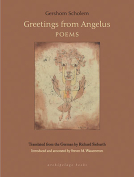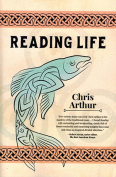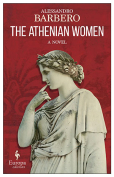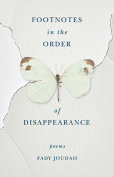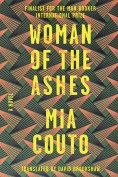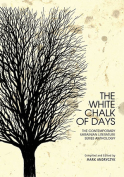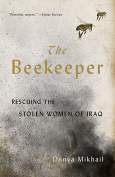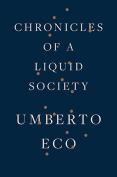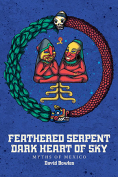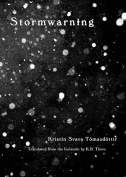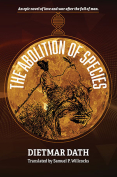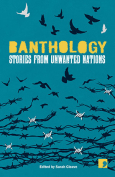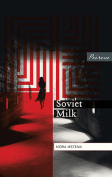The Athenian Women by Alessandro Barbero
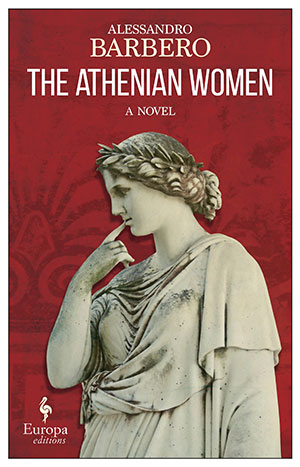 New York. Europa Editions. 2018. 253 pages.
New York. Europa Editions. 2018. 253 pages.
In his novel Athenian Women, newly translated from the Italian, Alessandro Barbero attempts to give us a view of daily life in ancient Athens during the tumultuous year of 411 BC. Thrasyllus and Polemon, two old veterans of the Peloponnesian Wars, are neighbors trying to squeeze out a bare subsistence by farming their land in the Athenian countryside. Both men are widowers and both have a single daughter, old enough to marry, and feel pressure to find a suitor wealthy enough to allow their daughters to live in better comfort.
Eubulus, in contrast to Thrasyllus and Polemon, is a resident of the Athenian countryside who can afford a lavish lifestyle that involves drinking parties and orgies. The licentious behavior of this rich man is overdone in the book as his sexual exploits with prostitutes and his slaves is described in detail. It is unclear whether this exaggeration is done for comic effect or to enhance the economic contrast with his much poorer, more modest neighbors. But whatever the reason, it was unnecessary to the plot.
One day while Thrasyllus and Polemon are at the Theater of Dionysus watching a production of Aristophanes’s Lysistrata, Eubulus’s son, Cimon, invites Charis and Glycera, the neighbors’ daughters, over to his house to buy some figs. Cimon is portrayed as a crass, spoiled, and abusive young man who is always used to getting what he wants. Despite his stated intentions, what Cimon really wants is to exploit them sexually and humiliate them.
Barbero alternates his chapters between descriptions of the Lysistrata that is being staged in Athens and descriptions of the horrible abuse that Charis and Glycera suffer at the hands of Cimon and his friends. The scenes of beatings and fear that the women suffer are extremely difficult to read, and they highlight the abuse that women have had to endure for centuries. The book is described as a “romantic
comedy,” but scenes of violence and degradation against women, even though they end up highlighting Cimon’s impotence, do not make the tone of this book feel either romantic or comic.
Melissa Beck
Woodstock Academy, Connecticut

